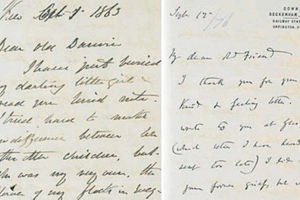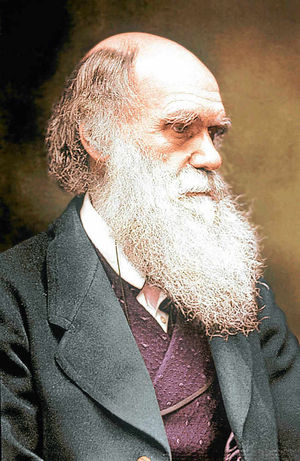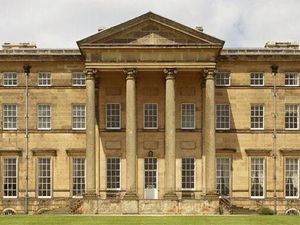Charles Darwin's letters reveal evolution of his ideas
More than 1,000 letters from Shrewsbury's most famous son Charles Darwin to his closest friend have been made available online for the first time.

The correspondence spanning 40 years between the naturalist and his friend botanist Joseph Hooker track the development of Darwin's scientific ideas – as well as revealing his personal grief over the death of his daughter-in-law, Amy.
The previously unpublished letters have been made available this week on the internet by Cambridge University's Darwin Correspondence Project.

Correspondence between the pair began in 1843 when Hooker, who had just returned from an Antarctic expedition, was approached about working on Darwin's collection of plants from the Beagle voyage.
The pair developed a firm friendship with their letter writing lasting until Darwin's death in 1882.
In perhaps Darwin's most famous letter of all, written in January 1844, he speaks of his developing ideas on the theory of evolution – comparing it to being akin to 'confessing a murder'.
In 1876, Darwin also wrote to Hooker on a far more poignant matter – the death in childbirth of his son Francis' wife.
"Poor Amy had severe convulsions due to wrong action of the kidneys; after the convulsions she sunk into a stupor from which she never rallied," he said.
"It is an inexpressible comfort that she never suffered and never knew she was leaving her beloved husband for ever. It has been a most bitter blow to us all."
A spokesman for Cambridge Digital Library said: "No single set of letters was more important to Darwin, or is more important now, than those exchanged with his closest friend, the botanist Joseph Dalton Hooker.
"At around 10 per cent of Darwin's surviving correspondence, the 1,200 letters published here provide a structure within which all the other letters can be explored.
"They are a connecting thread that spans forty years of Darwin's mature working life from 1843 until his death in 1882.
"They bring into sharp focus every aspect of Darwin's scientific work throughout that period, and illuminate the mutual friendships he and Hooker shared with other scientists, but they also provide a window of unparalleled intimacy into the personal lives of the two men."
To view the letters, visit http://cudl.lib.cam.ac.uk





